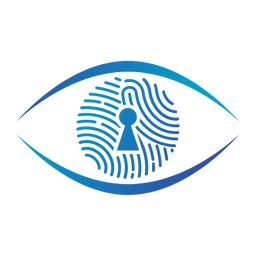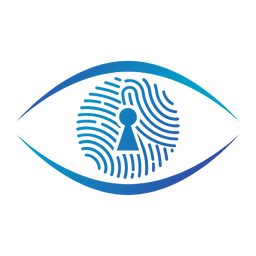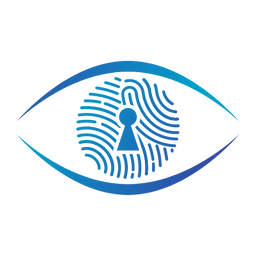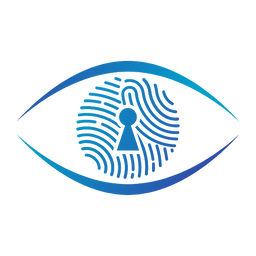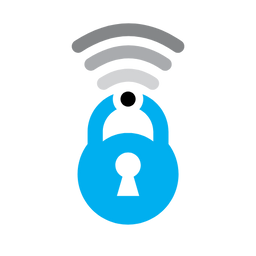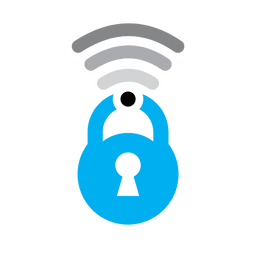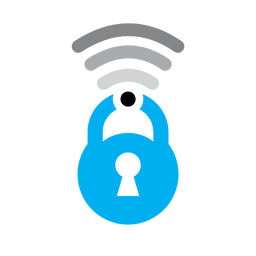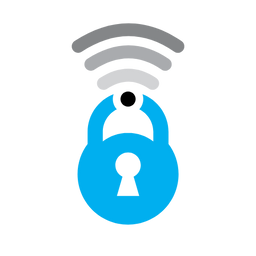The Internet Bill of Rights: A Framework for Digital Freedom in the Age of Censorship

Executive Summary
The internet, once heralded as the ultimate democratizing force for information and communication, now faces an unprecedented assault from authoritarian regulations masquerading as "safety" measures. Across the globe, from the UK's Online Safety Act to the EU's Digital Services Act, and from the proposed STOP HATE Act to KOSA in the United States, governments are systematically undermining digital freedoms under the guise of protecting children and combating "hate speech."
This document presents a comprehensive Internet Bill of Rights that prioritizes genuine user protection while preserving the fundamental principles that made the internet a force for human liberation. Unlike the current wave of censorship-enabling legislation, this framework ensures that safety measures enhance rather than restrict human rights.

Current Threat Landscape
The UK's Online Safety Act: A Blueprint for Censorship
The UK's Online Safety Act, which entered its age verification enforcement phase on July 25, 2025, represents one of the most comprehensive attacks on internet freedom in democratic history. The Act requires age verification for accessing adult content and mandates content restrictions for material deemed harmful to children, but its reach extends far beyond its stated purpose.
Several websites have announced closure rather than comply with the Act's requirements, including forums and discussion sites that cannot afford the compliance costs. The Electronic Frontier Foundation warns that the Act "will lead to a much more censored, locked-down internet for British users" and "could empower the government to undermine not just the privacy and security of U.K. residents, but internet users worldwide."
The EU's Digital Services Act: Exporting Censorship Globally
The EU's Digital Services Act "compels very large online platforms—think Facebook, YouTube, and X—to remove so-called illegal content without delay" where "illegal" is defined not by clear principles, but by "whatever violates the law of any EU member state". This creates "a lowest-common-denominator approach to censorship" that affects global speech.
Most alarmingly, a recent U.S. House Judiciary Committee report revealed that the DSA is being used to censor political speech, with European censors targeting core political discourse that is neither harmful nor illegal, including a hypothetical social media post stating "we need to take back our country" being labeled as "illegal hate speech".
As of July 1, 2025, Europe's Code of Conduct on Disinformation became officially part of the DSA, further expanding censorship capabilities under the guise of combating "misinformation."
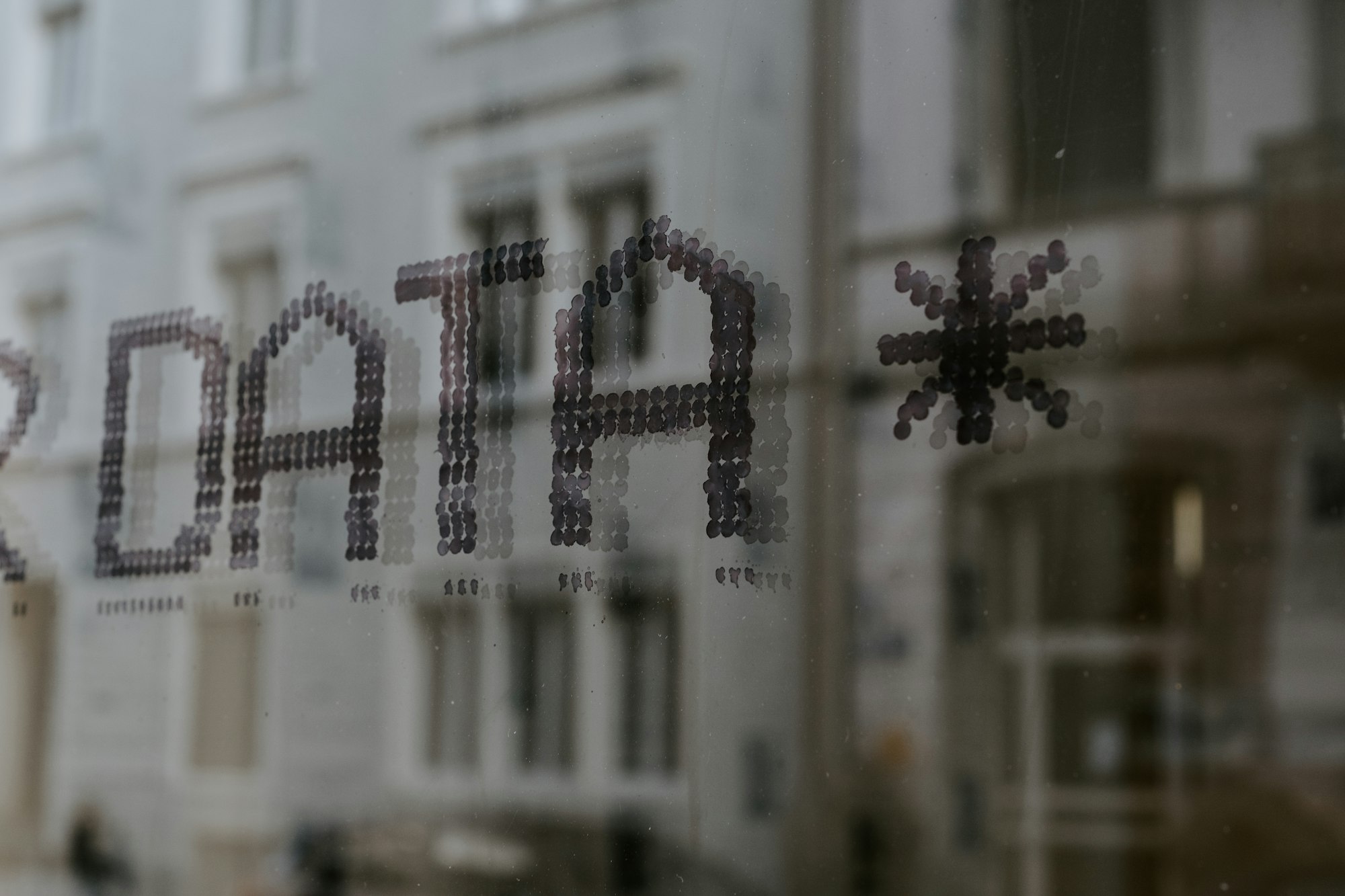
The STOP HATE Act: Deputizing Advocacy Groups as Censors
The proposed STOP HATE Act would require social media companies with 25+ million US users to report their moderation policies to the Attorney General and could impose fines of up to $5 million per day for failing to combat "terrorism" as defined by advocacy groups. Critics warn this "deputizes and hands over speech enforcement authority to zionist entities, giving them unfettered powers to police private social media companies, attack lawful expression, and levy fines".
KOSA: Censorship Disguised as Child Protection
The Kids Online Safety Act (KOSA), reintroduced in May 2025, would establish a "duty of care" system requiring platforms to protect minors from harmful content. Despite numerous amendments, critics maintain that "the bill will lead to broad online censorship of lawful speech, including content designed to help children navigate and overcome the very same harms it identifies".
Conservative groups like The Heritage Foundation have explicitly stated they support KOSA because it could be used to censor transgender information, revealing the true censorial intent behind child safety rhetoric.

CCPA and the Surveillance State
California's CCPA continues expanding with new regulations on automated decision-making technology, risk assessments, and cybersecurity audits approved in July 2025. The California Privacy Protection Agency has intensified enforcement in 2025, bringing multiple enforcement actions, creating a compliance-heavy environment that favors large platforms over smaller competitors.

The Internet Bill of Rights: Core Principles
Article I: Freedom of Expression and Information
Every person has the fundamental right to seek, receive, and impart information and ideas of all kinds through the internet, regardless of frontiers and without interference from government or private entities acting as government agents.
- No content shall be removed, restricted, or de-ranked based on viewpoint, political opinion, or ideological position
- Platforms may not be compelled by government to moderate content based on subjective standards like "hate speech," "misinformation," or "harmful content"
- Users have the right to encounter diverse viewpoints and make their own judgments about information
- Anonymous communication is a protected form of expression
Article II: Privacy and Data Protection
Every person has the right to privacy in their digital communications and control over their personal data.
- No government surveillance of internet communications without specific warrants based on probable cause of criminal activity
- Users must give explicit, informed consent before any collection of personal data
- Data minimization: Only necessary data may be collected for specific, legitimate purposes
- Right to deletion: Users may demand complete removal of their data at any time
- No backdoors or weakening of encryption technologies
Article III: Access and Non-Discrimination
Internet access is a fundamental right necessary for participation in modern society.
- Government may not block, throttle, or restrict access to lawful internet content
- Net neutrality: All lawful internet traffic must be treated equally
- No geographic, economic, or demographic discrimination in internet access
- Platform operators may not discriminate based on political viewpoint or ideology
- Age verification systems may not be mandated except for genuinely age-restricted content (sexual material, gambling)
Article IV: Platform Neutrality and Transparency
Digital platforms serving as public forums must operate with transparency and without viewpoint discrimination.
- Platforms with significant market power must disclose content moderation algorithms and policies
- Appeals processes must be available for content decisions with human review
- No shadow banning or secret reduction of content reach
- Content moderation must be based on clear, objective, and consistently applied standards
- Users have the right to opt-out of algorithmic curation and view content chronologically
Article V: Protection from Government Overreach
Government power over internet communications must be strictly limited and subject to judicial oversight.
- No government entity may pressure platforms to remove lawful content
- Emergency powers for internet regulation expire after 30 days unless renewed by legislative vote
- All government requests for content removal must be transparent and subject to public record
- Foreign governments may not enforce their speech restrictions on domestic platforms
- Cross-border data sharing with authoritarian regimes is prohibited
Article VI: Innovation and Competition
The internet ecosystem must remain open to innovation and free from anticompetitive practices.
- No regulatory barriers that favor established platforms over new entrants
- Interoperability requirements for platforms with significant market power
- Right to use alternative clients and applications for accessing platforms
- Protection for decentralized and peer-to-peer technologies
- No liability for providing tools that enhance user privacy or freedom
Article VII: Digital Due Process
Any restrictions on internet rights must follow due process and be subject to judicial review.
- Content removal orders must be specific and time-limited
- Users have the right to legal representation in proceedings affecting their internet rights
- Burden of proof lies with those seeking to restrict internet freedoms
- Independent oversight bodies must review platform moderation decisions
- Appeal rights exist for all content and account actions
Article VIII: Protection of Vulnerable Populations
Special protections for children and other vulnerable groups must not undermine fundamental rights for all users.
- Parental control tools must be opt-in and user-controlled, not mandated
- Educational institutions maintain authority over age-appropriate content in their domains
- Mental health resources must be available without surveillance or data collection
- Whistleblower and activist communications receive enhanced protection
- No collective punishment of user communities for individual violations
Article IX: Technological Sovereignty
Nations and individuals have the right to technological self-determination without foreign interference.
- No foreign laws may restrict domestic internet communications
- Export controls on privacy and security technologies are prohibited
- Right to use encryption and anonymity tools without restriction
- Protection for domestic internet infrastructure from foreign manipulation
- Support for decentralized alternatives to centralized platforms
Article X: Enforcement and Remedies
Violations of internet rights must be subject to meaningful remedies and enforcement mechanisms.
- Private right of action for violations of internet rights
- Damages available for wrongful content removal or account suspension
- Injunctive relief against government overreach
- Attorney fees recovery for successful rights enforcement actions
- Regular legislative review of internet freedom protections

Implementation Strategy
Legislative Framework
This Internet Bill of Rights should be implemented through comprehensive federal legislation that:
- Preempts conflicting state laws that undermine internet freedom
- Creates enforceable private rights of action against violators
- Establishes criminal penalties for government officials who abuse their authority
- Mandates constitutional review of all existing internet regulations
- Creates an Internet Freedom Commission with power to investigate violations
Constitutional Amendment
For maximum protection, these rights should be enshrined in a constitutional amendment that explicitly extends First and Fourth Amendment protections to digital communications and establishes internet access as a fundamental right.
International Cooperation
The United States should:
- Condition trade agreements on respect for internet freedom
- Impose sanctions on countries that export censorship technology
- Support global initiatives for internet freedom
- Refuse to extradite individuals for internet speech crimes

Addressing Legitimate Concerns
Child Safety
Protecting children online requires targeted solutions, not broad censorship:
- Parental control tools that parents choose and control
- Education programs about digital literacy and online safety
- Law enforcement focus on actual predators, not speech
- Age verification only for genuinely adult content like pornography
- Mental health resources without surveillance or data mining
National Security
Legitimate security concerns can be addressed without mass surveillance:
- Targeted investigations with judicial warrants for specific threats
- International cooperation on genuine terrorist activities
- Protection of critical infrastructure through technical means, not content control
- Transparency requirements for government surveillance requests
- Whistleblower protections for those exposing security overreach

Platform Responsibility
Platforms can be held accountable without becoming censors:
- Transparency requirements for algorithms and policies
- Interoperability mandates to reduce platform lock-in
- Competition enforcement to prevent monopolistic behavior
- User empowerment tools for content filtering and curation
- Appeals processes with human review and clear standards

The Choice Before Us
We stand at a crossroads in the history of human communication. The internet promised to democratize information, empower individuals, and create unprecedented opportunities for human flourishing. That promise is now under systematic attack by governments and corporations who prefer controllable populations to free citizens.
The current wave of "safety" legislation—from the UK's Online Safety Act to the EU's Digital Services Act, from the STOP HATE Act to KOSA—represents not protection but control. These laws share common features: vague definitions of harmful content, enforcement through private intermediaries, and the systematic erosion of due process rights.
As one analysis warns, "If left unchallenged, the Digital Services Act could become a blueprint for other regimes. Authoritarian governments are watching closely." The same is true for all these censorship-enabling laws.
The Internet Bill of Rights offers a different path: one that recognizes the internet as humanity's greatest tool for liberation and insists that it remain free. This framework protects children without silencing adults, addresses legitimate security concerns without enabling mass surveillance, and holds platforms accountable without turning them into censors.
The choice is clear: We can accept the sanitized, controlled internet that governments prefer, or we can fight for the free and open internet that humanity deserves. The Internet Bill of Rights provides the blueprint for that fight.
The future of human freedom may well depend on which path we choose.
This document draws upon extensive research into current internet regulation trends, including analysis of the UK Online Safety Act, EU Digital Services Act, proposed US legislation like KOSA and the STOP HATE Act, and privacy regulations like the CCPA. It reflects the urgent need for comprehensive protection of internet freedoms in the face of unprecedented government overreach disguised as safety measures.


